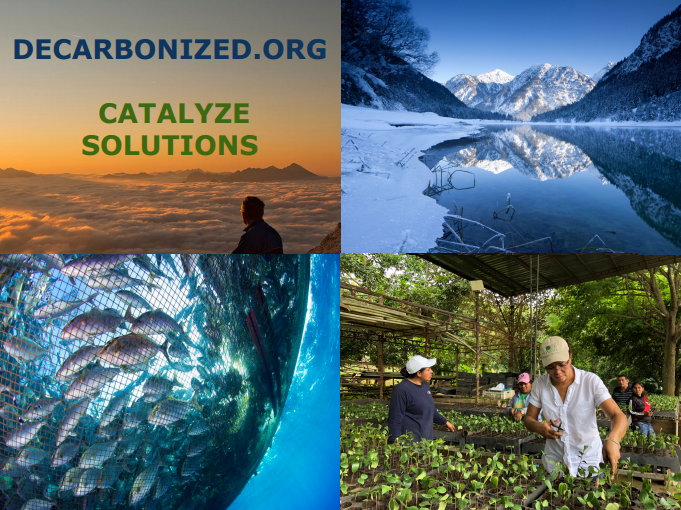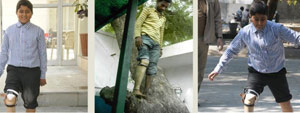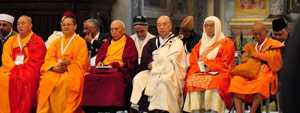
Happening during the year of 50th anniversary of UNEP,and at a time when the global economies are trying to open up after a devastating global pandemic,UNEA 5.2,which was basically the second segment UNEA 5,attracted a myriad of events including the Open-Ended Committee of Permanent Representatives(OECPR),Global Major Groups and Stakeholder Forum,Global Youth Environment Assembly and UNEP@50 among other side events.
The OECPR comprises of all permanent representatives to UNEP and prepares for meetings of UNEA and regularly reviews the implementation of its decisions.
The Global Major Groups and Stakeholders Forum (GMGSF) helps Major Groups and Stakeholders to prepare their input and participation in the United Nations Environment Assembly (UNEA) and associated meetings while the Global Youth Environment Assembly convened by the UNEP Major Group for Youth and Children in which the Partnerships For Change’s Alphonce Muia sits in the Global Steering, is a collective youth participation in the processes of environmental governance within UNEA.It was the first in-person UNEA for PFC to participate after acquiring accreditation status with UNEP during the Summer of 2020
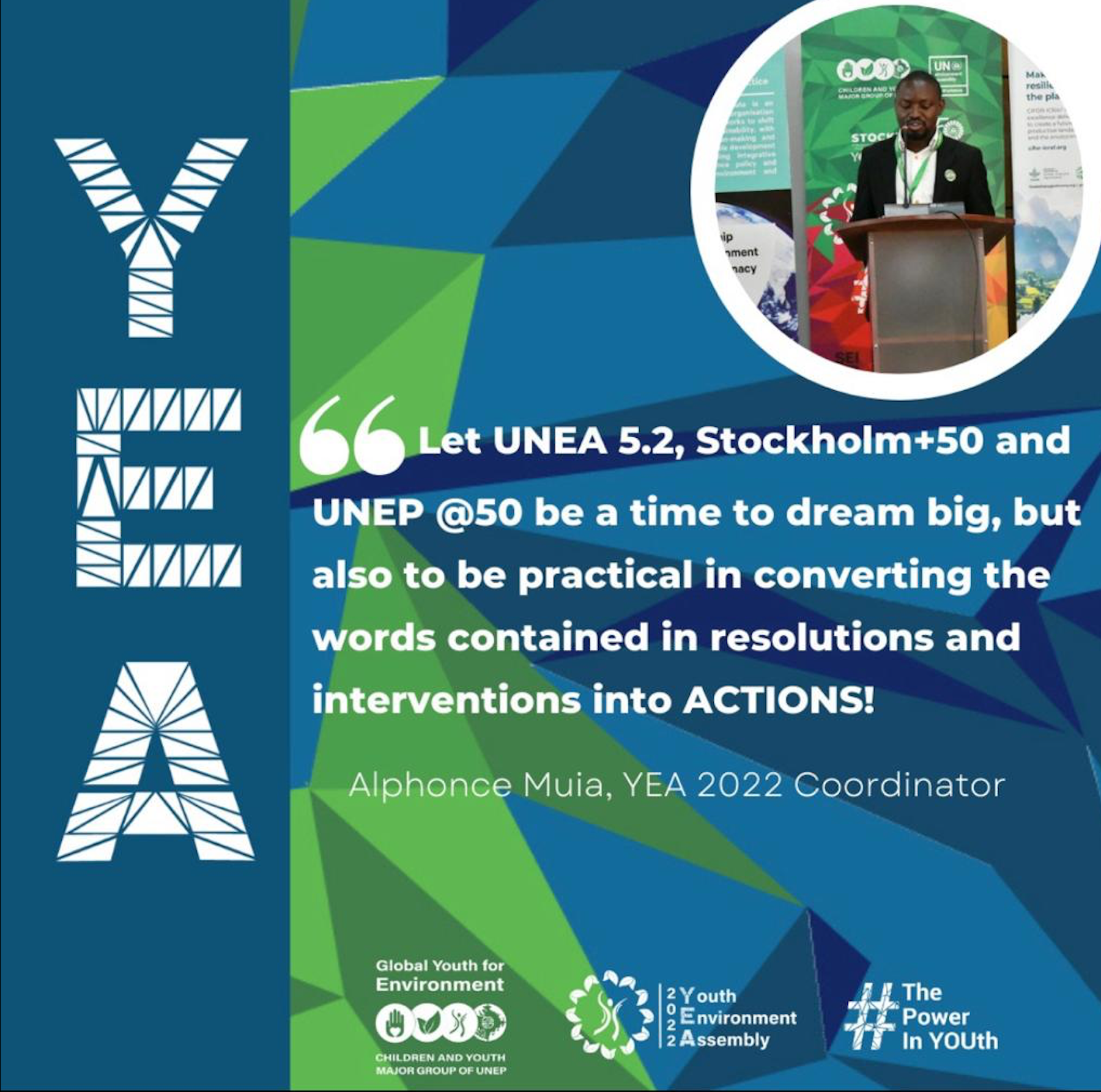
Alphonce gives an opening statement during the Global Youth Environment Assembly
From 21-25 February,the OECPR met to consider draft resolutions to forward to UNEA for discussions and adoption.
UNEA 5.2 had an arduous assignment of delving deep into negotiations that were expected to deliver ambitious outcomes on resolutions clustered under 5 categories;Marine plastic pollution,Nature based solutions and biodiversity,Chemicals and minerals,Green recovery and Circular economy,Organizational and administrative matters.
At the entrance of UNEP complex there was a towering plastic artwork showing if UNEA 5 was to make anything very progressive,it was a very ambitious decision on cluster one on closing the tap of plastic manace that has not only ravaged marine ecosystems but also caused serious health problems to the global population. “We found nano plastic traces and also phthalates, a chemical product that we use to soften plastic, in my blood, and I don't think my blood is unique and I think this is true for all of us on the planet,” the President of UNEA 5 and Minister for Environment and Climate in Norway, Espan Barth Eide said during his opening remarks.
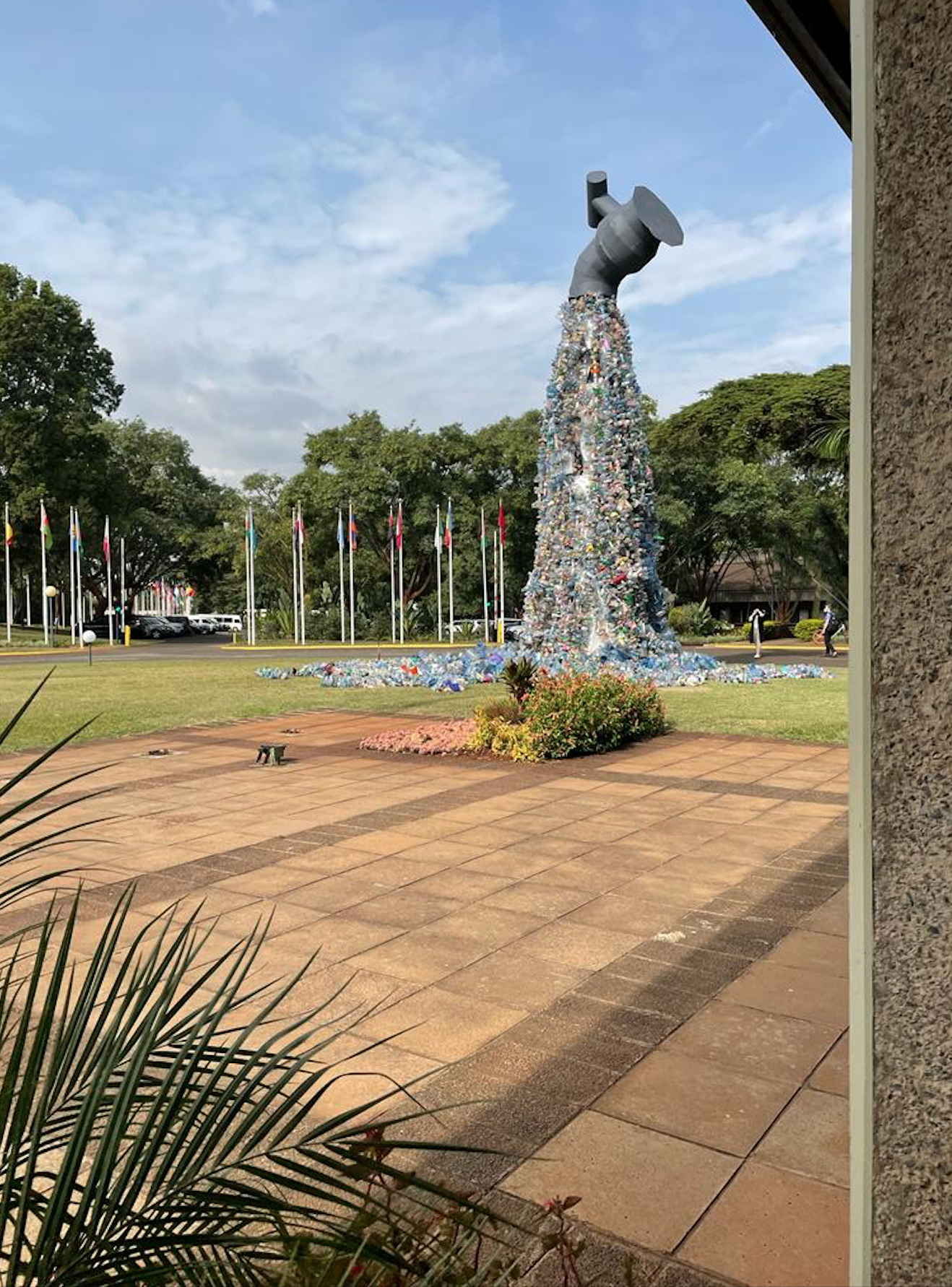
The unwavering pursuit for this compelling vision to make a step towards turning off the tap of plastic pollution was sustained all through the negotiations and the decision to establish an intergovernmental negotiating committee to end plastic pollution with negotiations starting on June made it the second-fastest environmental agreement to move from adoption to negotiations stage after the decision to make UNFCCC in the 1990s signifying the sense of urgency and commitment.
UNEA 5.2 finally delivered a resounding success with the adoption of the following 14 resolutions:
- l Resolution to End plastic pollution: Towards an international legally binding instrument
- l Resolution on an Enhancing Circular Economy as a contribution to achieving sustainable consumption and production
- l Resolution on Sustainable Lake Management
- l Resolution on Nature-based Solutions for Supporting Sustainable Development
- l Resolution on the environmental dimension of a sustainable, resilient and inclusive post COVID-19 recovery
- l Resolution on Biodiversity and Health
- l Resolution-Animal Welfare – Environment – Sustainable Development Nexus
- l Resolution on Sustainable Nitrogen Management
- l Resolution on Sustainable and Resilient Infrastructure
- l Resolution on the Sound Management of Chemicals and Waste
- l Resolution for a Science-Policy Panel to contribute further to the sound management of chemicals and waste and to prevent pollution
- l Resolution text on environmental aspects of minerals and metals management
- l Resolution on the Future of the Global Environment Outlook
- l Resolution due regard to the principle of equitable geographical distribution, in accordance with paragraph 3 of article 101 of the Charter of the UN.
To serve as UNEA’s input to the Stockholm+50 international Meeting in June,a ministerial declaration to achieve SDGs and rebuild a resilient and sustainable post-pandemic world was adopted.
The UNEP@50 special session provided a platform to reflect on how best to tackle the triple planetary crisis through a high-level opening ceremony attended in-person by the various heads of states including the Presidents of the republic of Kenya,Nigeria,Botswana and the prime minister of Central African Republic among others joining virtually.Leadership dialogues and multistakeholder dialogues also followed these topics.
Written By:
Alphonce Muia
Partnerships For Change
